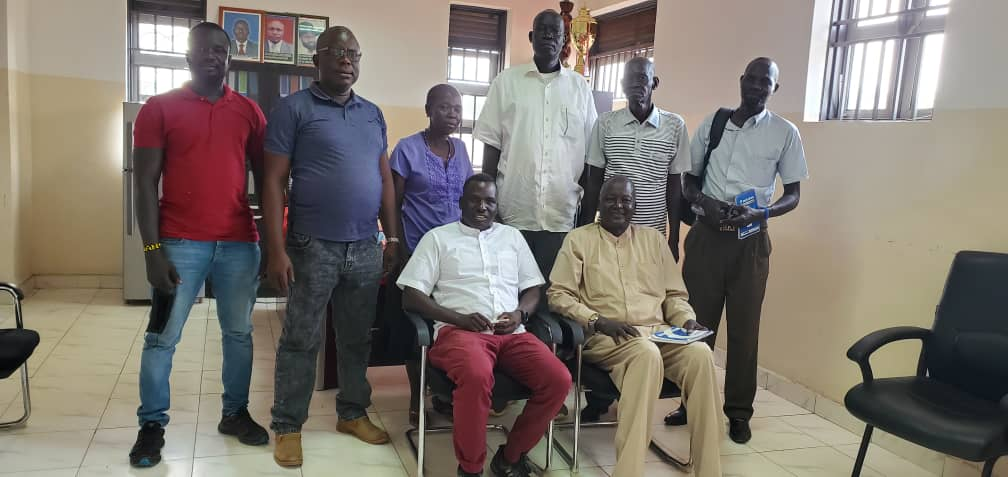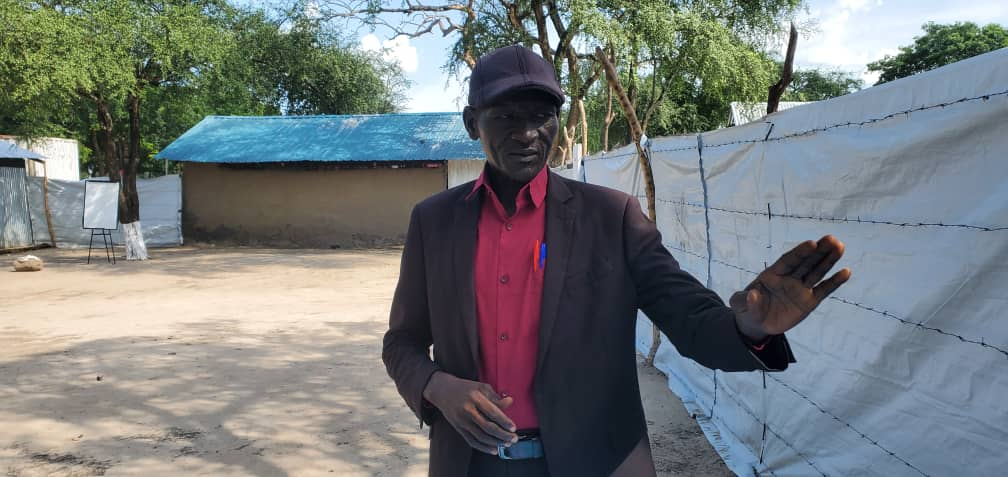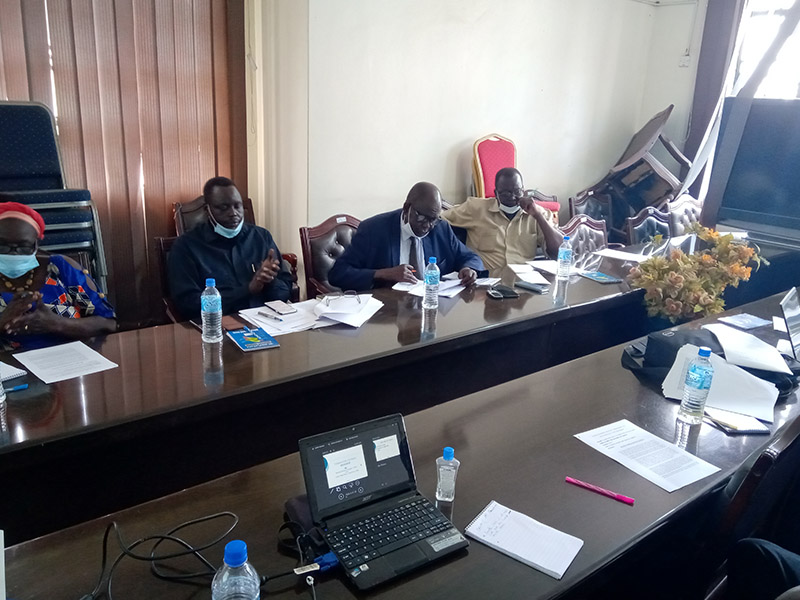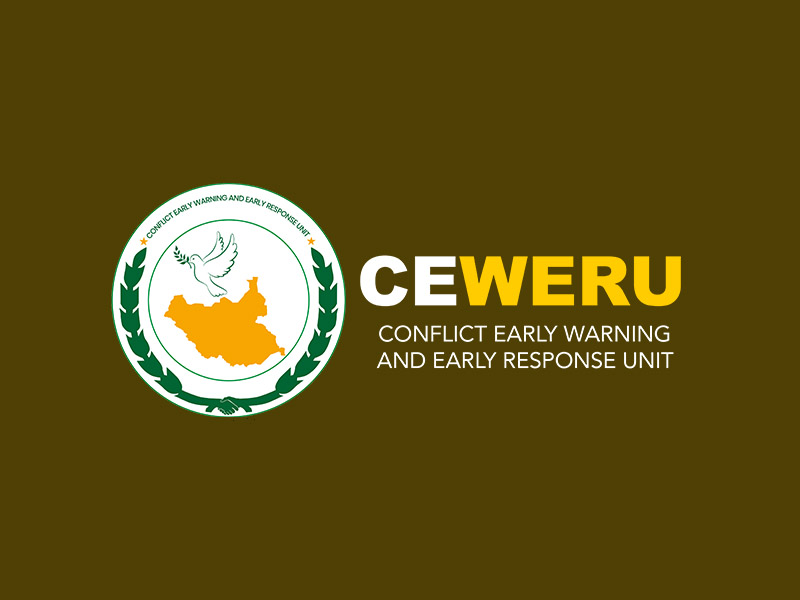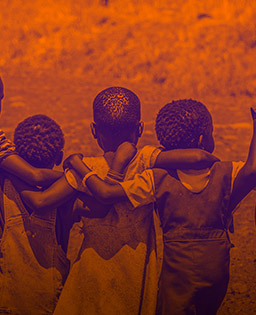SSPRC, UNDP, Kenyan Institute of Peace-building Share Notes on Conflict Early Warning and Response in the IGAD Region – In a Study Visit to Kenya
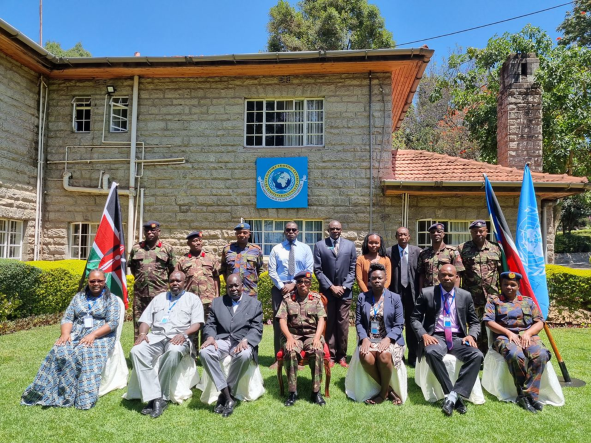
From Left to right seated: Irene Limo UNDP Peacebuilding analyst, Hon. Jamal Kakaya chair of South Sudan legislative assembly peacebuilding, Hon. Chuol Rambang chair of South Sudan CEWERU, Brigadier Joyce Sitienei Head of the International Peace Support Training Center, Stella Konga South Sudan CEWERU, Joseph Kido the director of peacebuilding at the South Sudan Ministry of Peacebuilding. Photo Credit: IPSTC Kenya.
Conflict is still rampant across South Sudan despite gains made from the signing of the Revitalized Agreement on Resolution of Conflict in South Sudan (R-ARCISS) in 2018. Conflicts at the subnational level have particularly impacted national stability and communities’ abilities to return to normal. Ethnic violence and gender-based violence are some of the major drivers of conflicts at the sub-national level.
South Sudan’s conflict at the sub-national levels is driven by large-scale communal wars over cattle, land, and child abduction. Patriarchal practices remain deeply embedded in communities and as a result, about 65 percent of women experience some form of sexual and gender-based violence (SGBV) such as child marriage and rape in their lifetime. Conflict continues to ravage parts of the country, and this is made worse by the floods and the Covid-19 pandemic that have compounded the challenges of returning to stability.

